
Thymoma: Tumor That You Must Observe
A thymus is an organ that functions as lymphoid tissue and an endocrine gland. The gland is located in front of the heart and aorta behind the breastbone and shaped like a butterfly.
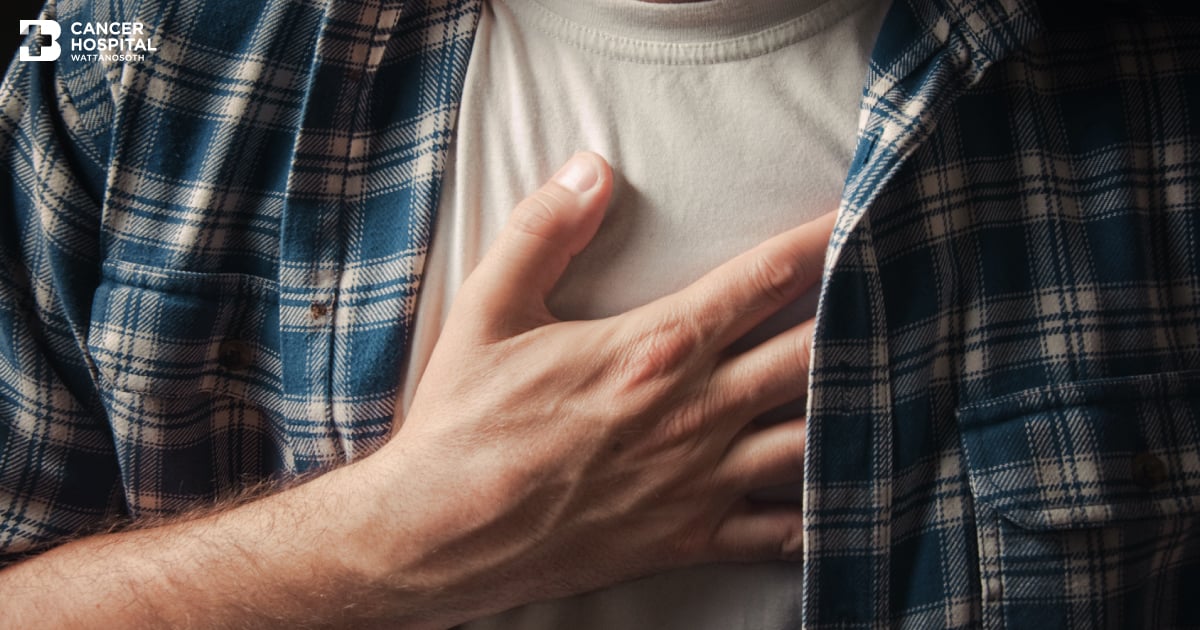
What You Need To Know About Lung Cancer
Lung cancer is the second leading cause of death and the leading cause of cancer death in Thailand.
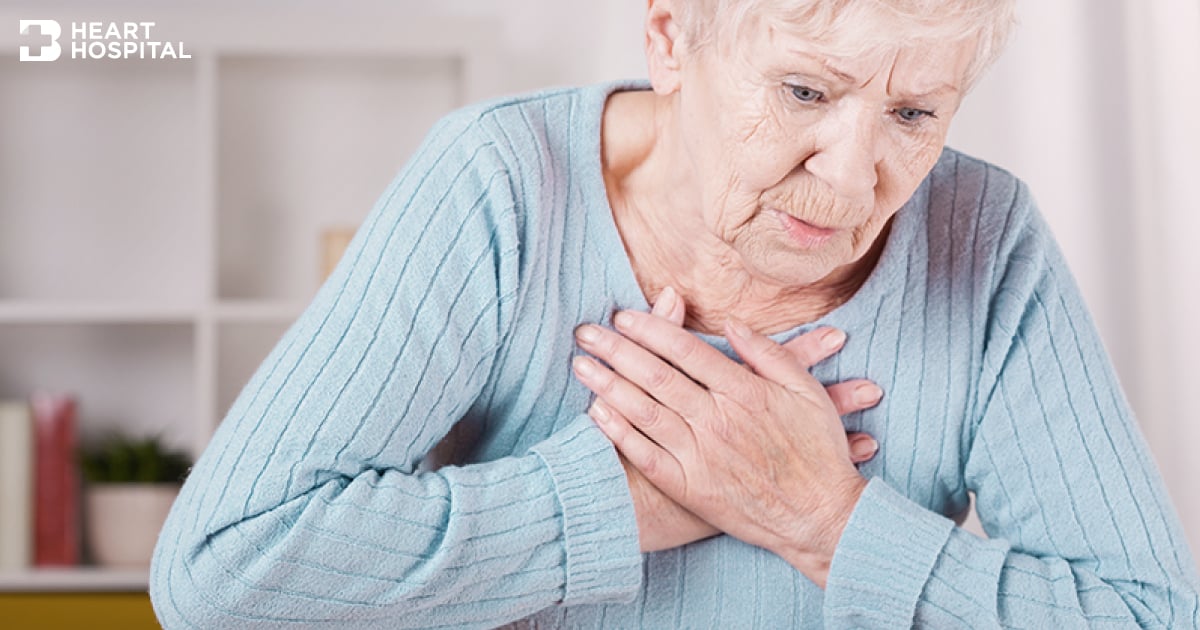
Transcatheter Aortic Valve Implantation (TAVI)
Aortic stenosis, the progressive failure of the aortic valve to open fully, is one of the most common types of heart disease in elderly people. 3% of elderlies aged 75 years and above have this condition. As you age, calcium can build up on the valve, making it harder and thicker. As a result, your aortic valve is unable to open properly, forcing the heart to work harder to pump blood through the narrowed valve. This can lead to heart failure. Transcatheter aortic valve implantation (TAVI) is a new minimally invasive surgical technique. It is suitable for high risk elderly patients who cannot undergo open-heart surgery.

The 5 Best Exercises for Heart Health
It is no secret that a regular exercise program is a great way to make your body look good and feel good, in addition it is also an ideal way to take care of your heart.

Regular Exercise Is Important When You Have Heart Disease
When you have heart disease, exercise is an important part of keeping your condition under control. Exercise causes the heart to pump blood into the circulation more efficiently, increased perfusion of tissues and organs with blood, and increased oxygen delivery. Exercise is protective against metabolic syndrome, lowers blood pressure, works against blood clotting, and lowers stress, all of which contribute to improved cardiovascular health.

Sweet, Fatty, and Salty Food - Affect Your Risk of Heart Disease the Most
Nowadays, we consume too much added salt and sugar. Eating too much sodium, sugar, and fatty food increases risk of cardiovascular disease and other health problems.
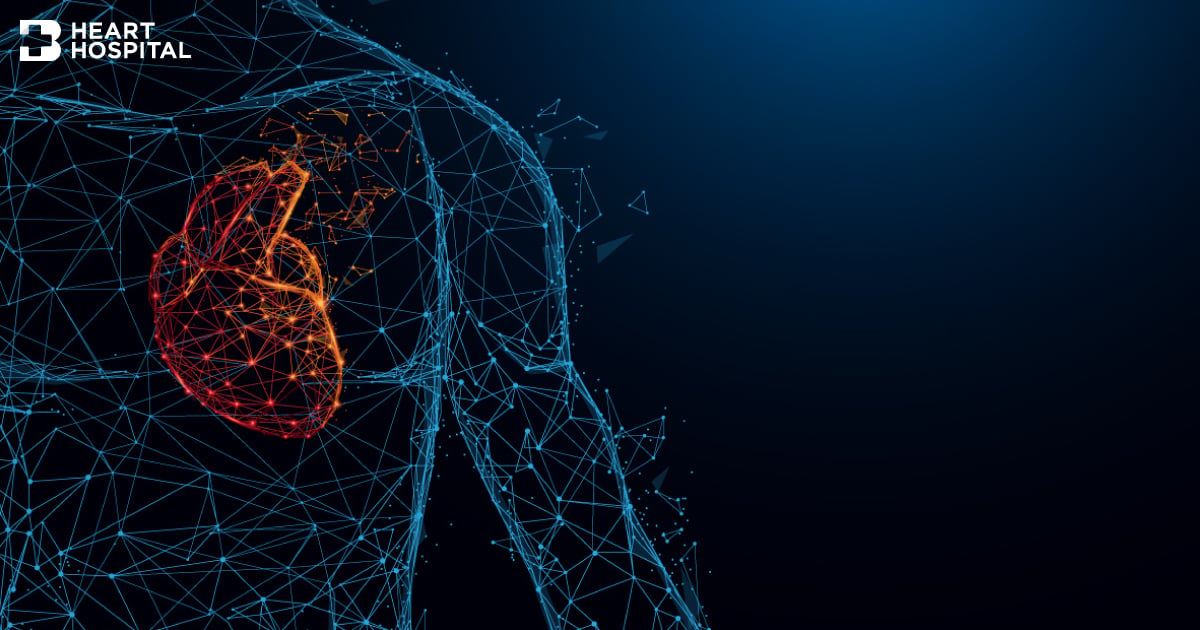
MIS HEART | Minimally Invasive Heart Surgery
The heart is one of the most important organs in the entire human body. The common heart diseases are aortic aneurysm and valvular heart disease. These conditions are common in elderly and the incidence is rising in the middle aged population.
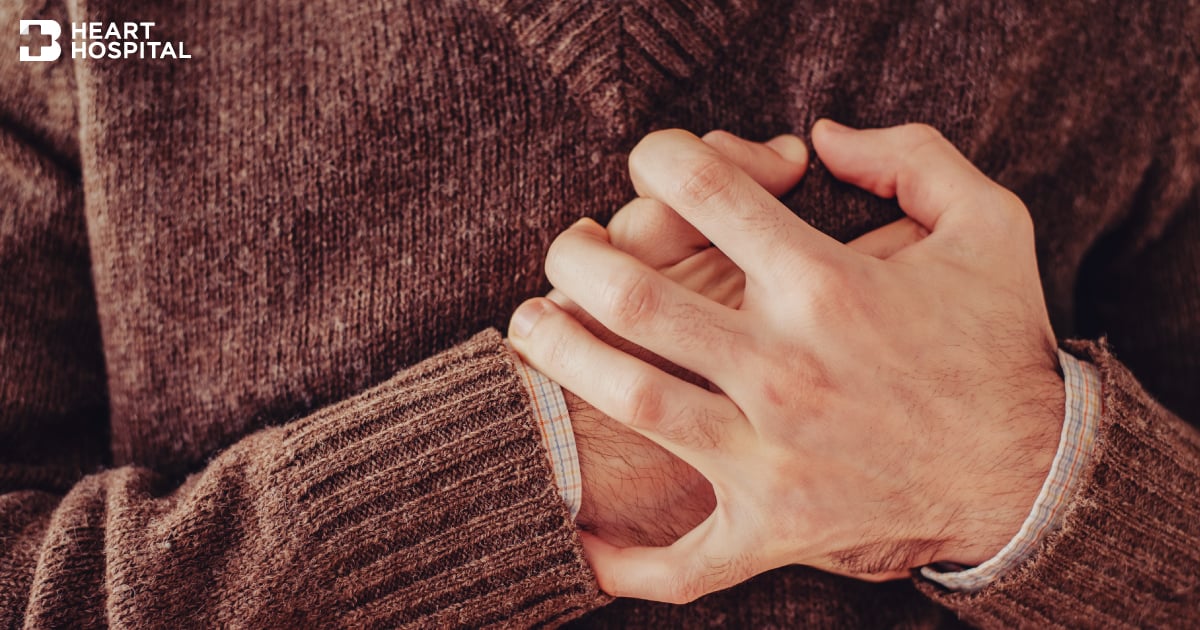
What Causes Irregular Heartbeat?
Irregular heartbeat or arrhythmias can be experienced by people of all ages. Common triggers can be but not limited to cardiovascular disease, thyroid disease, lifestyle, environmental, and genetic factors. Certain types of arrhythmia occur in people with severe heart conditions, and can cause sudden cardiac death. Some of these deaths could be avoided if the arrhythmias were diagnosed earlier.
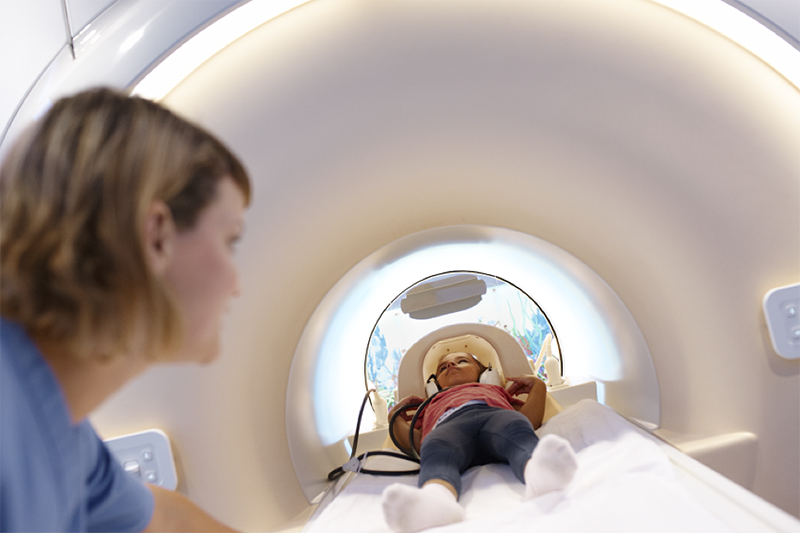
Examining heart tissue with 3 Tesla Magnetic Resonance Imaging (MRI)
Detection of heart tissue abnormalities with Magnetic Resonance Imaging (MRI) technology using a magnetic field strength of 3 Tesla (3.0 Tesla), combined with modern software, results in high-resolution MRI images. This enables quality diagnosis of tissue abnormalities, heart muscle, and blood vessels.

Magnetic Resonance Imaging (MRI) 3.0 Tesla
Magnetic resonance imaging (MRI) is a medical imaging technique used in radiology to form detailed pictures of the inside of your body. It is a non-invasive tool that uses strong magnetic fields, electric field gradients, and radio waves to generate images of the organs in the body. MRI does not involve X-rays and the use of ionizing radiation. The strength of the magnet of the system determines the quality of the imaging possible with the MRI system.
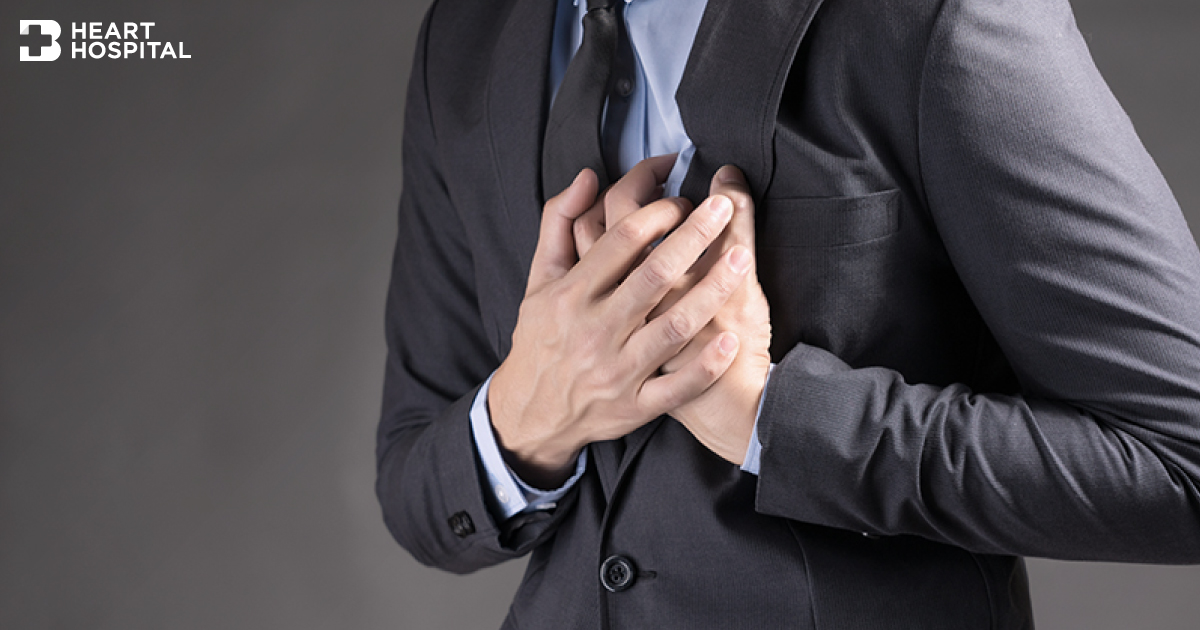
3 Types of Chest Pain – That Could Be Warning Signs of a Heart Attack
Chest pain appears in many forms, ranging from a sharp stab to a dull ache. Many different problems can cause chest pain. One of the most life-threatening causes is heart attack or myocardial infarction.
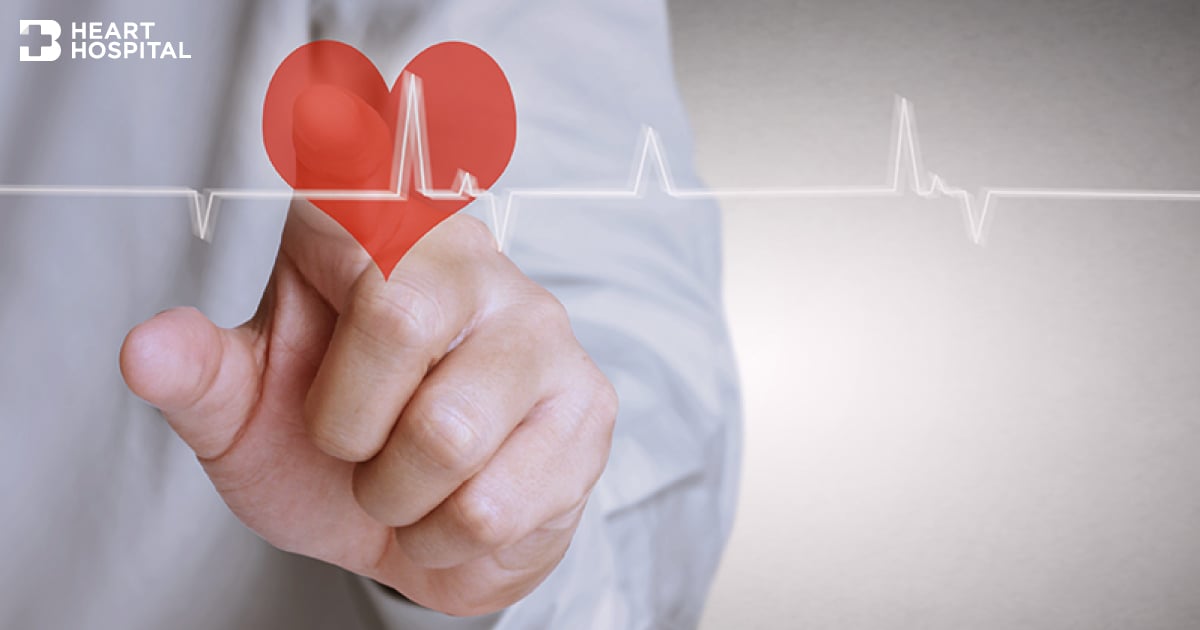
Doctor’s Advice: The Advantage of Off-Pump Coronary Artery Bypass Graft Surgery (Off-Pump CABG)
In the past, heart or cardiac surgery required heart-lung bypass machine to divert blood vessels from the heart. This process stops your heartbeat resulting in hypoxia and ischemia which affect the functioning of your lungs, kidneys and brain.
